Having a small business is tough. You need to continuously develop and innovate to stand out from the crowd. With difficult economic times affecting everyone, making sure you attract and retain clients in the most cost-effective way is important for your business.
This is where organic (compared to paid-for) social media comes in. Setting up an Instagram, Twitter, Facebook or TikTok account and promoting your business through them is a great way to get customers through the (virtual) doors.
Some social media platforms, like Instagram, also have e-commerce capabilities where you can link to your online store, or customers can buy straight from your ‘storefront’ on the app.
This blog looks at some ways you can use organic social media to attract and retain customers.
Find the right social media platform for you
First things first, not every social media platform is going to be right for your business. Take some time doing marketing research to see where similar businesses to yours have a social media presence.
While doing this, look at what keywords they use and how they engage with their customers. You can use Google Trends, for example, to find out the popularity of a keyword and other related terms you could use. Hashtagify is also a great free tool to find keyword popularity on Twitter.
This is also a good time to use social listening, a way to understand what conversations are going on about a certain topic, to get a broader view of the industry your business is in and any trends emerging you can jump on. A free tool you could use to get started is BrandMentions. It helps you find who's talking about your business or even competitors’ businesses on social media.
Make sure you have a clear voice
Once you’ve found out which social media apps you want to be on, it’s important to nail your tone of voice. Consistently using the same tone and look on social media will be as important as using the right hashtags and keywords. Your customers will associate your unique brand and tone with your product or service.
But also make sure to test and refine as you go. Take customer feedback on board and develop your brand as your business grows and changes. Don’t be afraid to show a little personality on social media too. This can help present your business as adaptive, relevant and friendly.
Find out who your audience is
Most social media management tools, like Hootsuite and Buffer, offer insights into your audience. This can be anything from demographics and location data, to which posts they like and share the most. Having this information will help with the above point too – it will point you in the right direction when it comes to what your customers like and will help you to better target them.
When your business understands your customers’ needs, wants, and desires, you can create the right strategy to address their specific concerns.
Use email marketing
The above isn’t only great for social media, but for email marketing too. MailChimp, for example, offers free plans where you can use emails to engage with your customers. It is an all-in-one marketing platform that will help you to design your email campaigns and understand the data behind them.
If you already have a client base you want to send emails to, then that’s great. Make sure you’re using the same tone of voice as on your social media.
If you don’t have a customer base yet, then there are a few different ways you can build one. Shopify suggests a pop-up on your home page for customers to either sign up for a newsletter or to be alerted when you have sales, promotions or new stock.
Google for Small Businesses points out that you have to have clear ‘opt in’ consents for your customers too. There are data protection laws, like the GDPR, that mean marketing consent has to be clear. The Information Commissioner’s Office, UK's independent body set up to uphold information rights, has a list of different marketing consent scenarios and what you need to do for each of them.
Being consistent and building a community
Being consistent on social media is important. Your followers will value a steady presence of posting. But make sure you are bringing value to their timelines – whether this is new products, updates or informative content.
To help keep track of your activity, building a social calendar and scheduling posts in advance can be helpful (see the next section for more information).
Social media should also be social. Encourage your followers to engage with posts – this can be through polls, questions or even asking them to post pictures of the products they’ve bought so you can repost them. This also means replying to comments and questions and actively engaging with your community.
Scheduling, monitoring and reviewing your posts
Now that you’ve set up your social media accounts, have your tone of voice and are starting to post, it’s best to have a social media management tool. Some tools, like Hootsuite, will show you the best times of day to post and how often.
Buffer, for example, is a social media tool that allows you to publish to multiple channels through its Chrome extension or the Buffer software. It has free and paid-for plans that allow you to schedule posts across all major platforms like Instagram, Twitter, Facebook and LinkedIn. The app will also show you the data behind the posts and which your audience is engaging with more.
Rewarding customers
Reward programmes or discounts at certain times of the year can be a good way to attract and retain customers. This can be a great hook for your email marketing or to create some noise on social media.
Make sure you don’t overuse it though. Doing some research into what other businesses have done can help formulate what promotions or rewards you give to customers. Testing with customers and taking on their feedback can also help refine the process the next time.
No matter where you are in your business's journey, effective marketing can help to bring in new customers and keep existing ones up to date with what you are doing. But it doesn’t have to be a costly affair. Using social media to promote and engage with your customers is a great way to do that in an affordable way. There are a host of free tools you can use – from analytics to scheduling posts – to help make it easier for you.






